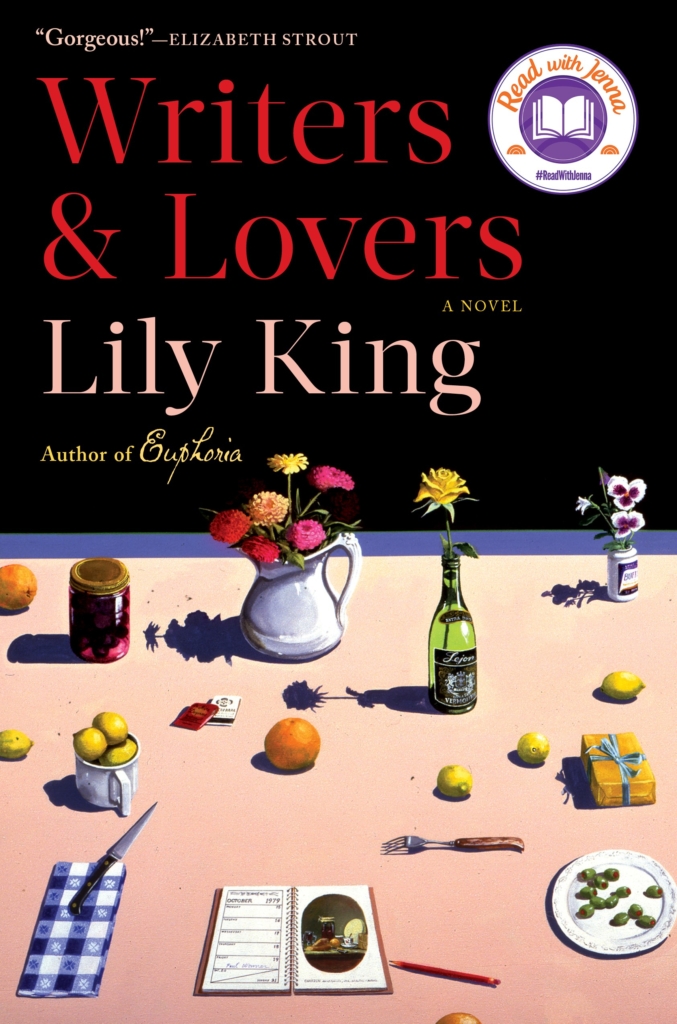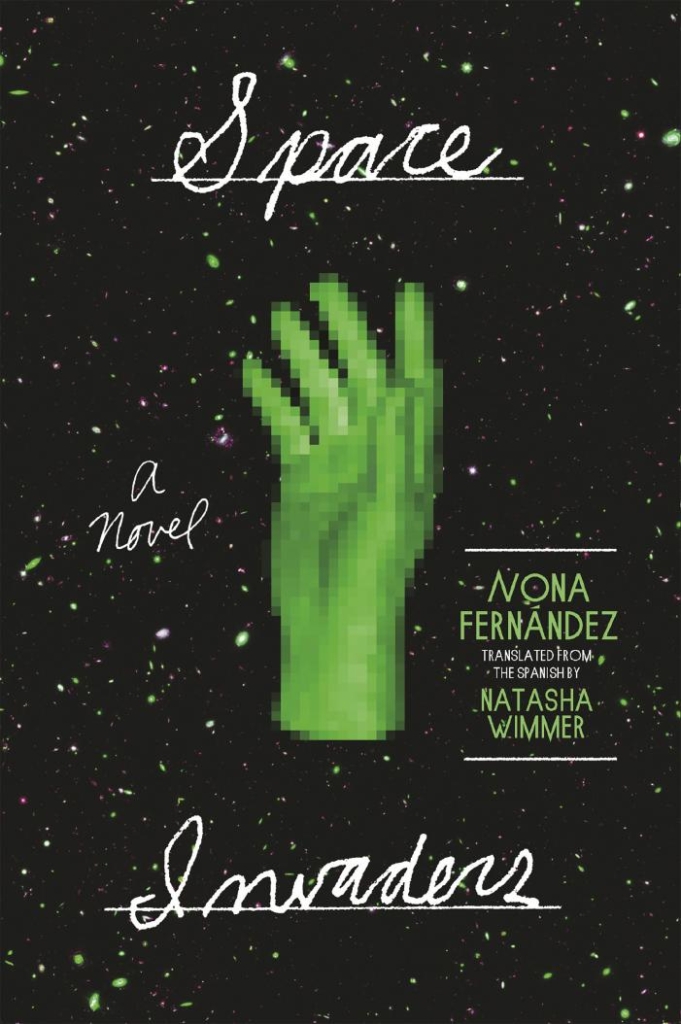
Writers and Lovers by Lily King
Writers and Lovers is Lily King’s latest book after the success of her critically acclaimed and award-winning novel, Euphoria. Her new novel follows 31-year-old Casey Peabody who copes with her mother’s sudden passing, heartbreak, and pursuing a writing career while drowning in debt. King’s first-person narration gives us a direct gaze into Casey’s thoughts which reveals her constant uncertainties and very real anxieties. Despite all that seems to be going badly for her, Casey never ceases to point out the humor and absurdity in everything. Writers and Lovers is full of little truisms delivered through a blunt and honest voice that is almost like a modern take of stream-of-conscious writing, reflecting Casey’s inner thoughts as unfiltered, awkward, and real. When her landlord and brother’s friend says to her “You know… I just find it extraordinary that you think you have something to say,” Casey replies with “I don’t write because I think I have something to say. I write because if I don’t, everything feels even worse.”
From Casey’s visceral scenes of anxiety over her book’s progress, and her heartfelt and hopeful moments with her successful writer-friend Muriel and hilariously caricatured coworker Harry, King captures the full spectrum of what it’s like to a 30-something trying to figure things out. It describes life as it comes, uncomfortable experiences, and all; when Casey visits the gynecologist, she “feels like a car being jacked up for a tire change.” Lily King perfectly balances the feelings of ambiguity and uncertainty in the novel with these funny, relatable bits.
Writers and Lovers doesn’t answer any universal questions or draw any groundbreaking metaphors; it’s simply a book about a struggling millennial artist going through a tough transition in life. What saves Writers and Lovers from being a melodramatic cliched novel about a writer trying to write is Lily King’s famous humor and wit. This novel is intimate; Casey’s vulnerabilities are so bare and honest as she struggles through sacrificing for her art while trying to make ends meet.
-Cat Luo

Space Invaders by Nona Fernández, translated by Natasha Wimmer
Bound in a slim volume, Space Invaders drops the reader into the harrowing adolescence of a generation of Chilean citizens, growing up in the shadow of a death-fueled, fascist Pinochet regime. Nona Fernández weaves a narrative of somnambulistic vignettes, where the visions of her speakers’ dreams are as meaningful and real as the grainy news reels and political realities. Photographs, letters from a student abroad in Germany, school uniforms, and other similarly mundane objects that scatter through a person’s childhood become the vehicles to return to a collective’s subconscious. Each object unfolds a hidden memory—the narrative, woven, becomes undone. Sensoria permits the unravelling of dreams.
The core of Fernández’s narrative is missing: a girl, Estrella, is seemingly lost in rubble and time. The novella becomes a restorative project, a place to reassemble narratives of political violence. Yet the novella is honest; it cannot reconstruct a life from a perspective that is missing, and thus constantly forces the reader to grapple with the fact that the full story, the truth, is always out of reach. The style is lyrical, yet fragmentary; in the wake of atrocity, coherence is impossible.
And so, as Fernández writes, turning the reader’s attention to the creation of narrative:
“Our paper ship begins to take on water.
We tumble onto the white sheet and go under.
We lie there submerged.
Not knowing how to wake up.”
-Sam Wilcox
